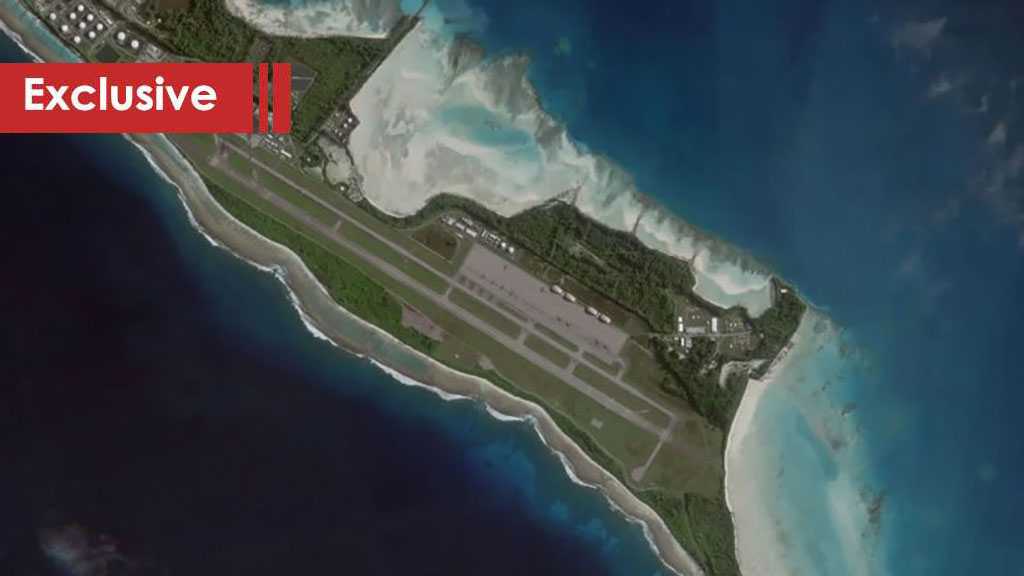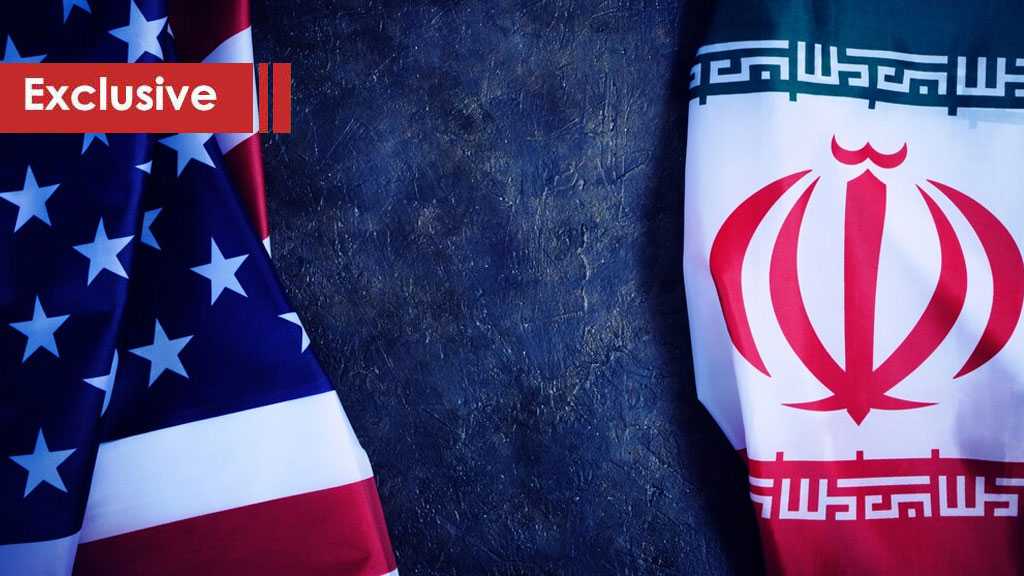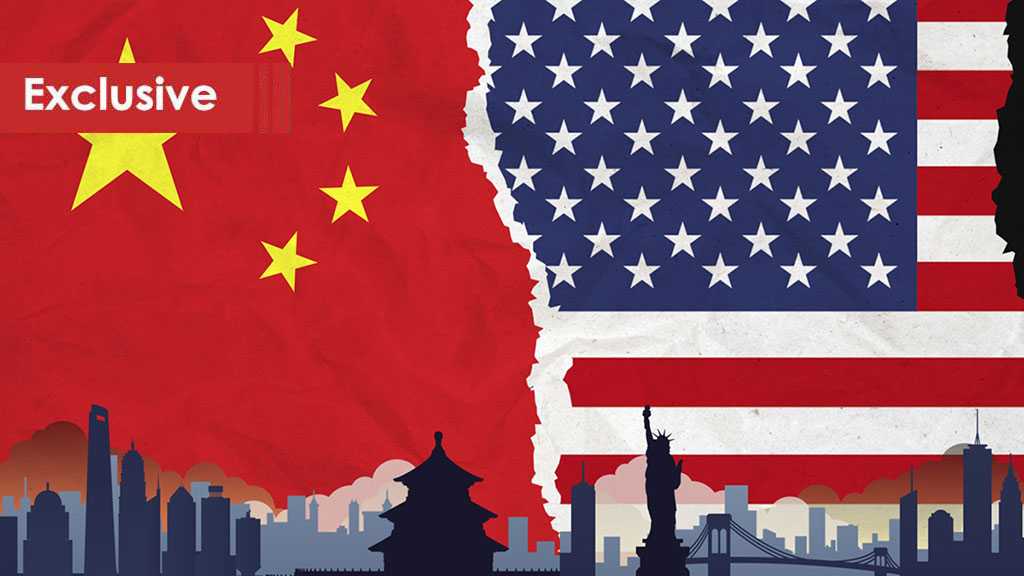
When Arabs Offer Peace to ’Israel’
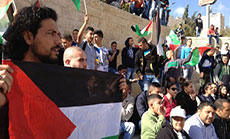
Fatima Salami
Land Day is when the Palestinians declared their adherence to their land and country; it is the day when the people of the occupied country refuted the fabrications of the Zionist usurper, which had long tried to promote that "Palestine is a land without people." It is a day of pride and dignity; a day of withstanding, challenge and confrontation... It is Palestinian Land Day.
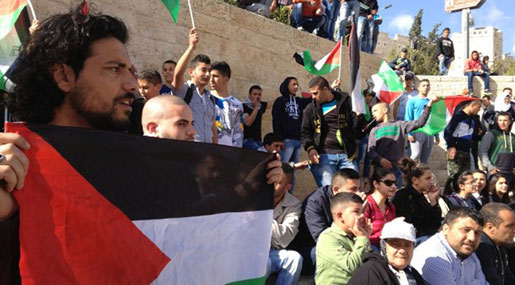
On this day, 39 years ago, the "Israeli" Occupation robbed thousands of Palestinian acres and displaced its people - the honorable people who stood as shields in the face of the occupant. Some were martyred and quenched the soil of their homeland with precious blood.
Hence, the 30th of March had become a fixed date on the calendar of every Palestinian clinging to the land, defending it, and celebrating loyalty towards it, in a time where advocators for al-Quds were few... al-Quds which the Arabs had turned their backs to and was no longer their Qibla.
"Land Day is an affirmation of the rejection of all forms of aggression. It is an imposition of a fait accompli in Palestine", these were the words of Abu Imad al-Rifai the representative of the Islamic Jihad movement in Lebanon as he discussed the symbolism of the day.
For him, the Palestinian people confirmed, in this day, their rejection of all forms of occupation and vowed to continue the struggle until all Palestine was liberated.
On this occasion, al-Rifai indicated that "the Palestinian sheds blood for the sake of his Arab identity and for Palestine to stay a Muslim Arab country."
However, al-Rifai showed much regret towards the Arab stance on the Palestinian issue. He believed that there were attempts to distract the Arabs' attention from Palestine, the central issue.
Arabs themselves were caught in regional conflicts, all of which resulted in the destruction of the Arabs' capabilities and the despoliation of National resources in service of the Zionist government. Therefore, the Arab people should be aware of the gravity of what was happening and unite their efforts to face "Israel".
Al-Rifai believed that these people should convulse on the official Arab regimes that had become instruments of the US policy which was working to implement agendas that revived the usurping entity and thus fragmenting the Arabs all for the sake of "Israel's" revival and rescue after the latter had received successive strikes from the resistance.
What al-Rifai declared was repeated by the head of the Popular Front for the Liberation of Palestine's General Command office in Lebanon, Abu Imad Ramez Mustafa.
Mustafa indicated that "this day is when the Palestinian re-emphasizes his national identity that the occupant has long sought to undermine and control to cause its decay within the Zionist society and be lost over the years."
Mustafa confirmed that "the Palestinians in this day are more determined to confront and fight the occupation; more adherent to their land and property."
According to Mustafa, the Zionist enemy suffered from obsession with the increase in the Palestinian demography. It tried, in various ways, to get rid of the huge number of Palestinians through establishing projects that dismissed their "right of return" to the Occupied Palestinian territories.
At this level, Mustafa indicated that the termination of the Palestinian-Palestinian division was the stepping stone towards the end of the Zionist entity. Hence, "the Palestinians should quickly resort towards achieving national reconciliation in order to resist the enemy and to establish a Palestinian state with al-Quds as its capital" he declared.
Consequently, Mustafa reproached the decisions if the Arab Summit; he viewed it as "a summit for regimes and not for the Arab people."
Hence, Mustafa mentioned a strange paradox which appeared in the Arab Summit's closing statement; "the participants offered "Israel" an olive branch" - a symbol of peace - through covering up the aggression on Yemen, whose people took to the streets during the recent Gaza aggression and called for resistance.
"Today, the Yemeni people were to pay the price for their political stance- their solidarity with the Palestinians" he stated.
Accordingly, Mustafa concluded that "the Arab regimes are neither a guarantee nor do they raise the Palestinian cause". To him, the guarantee was the people of Palestine, Lebanon, and Yemen.
Source: al-Ahed News
Comments
person JB
Nice...
Nice Article. Good writing.